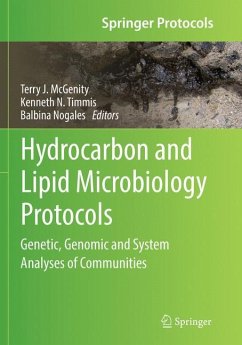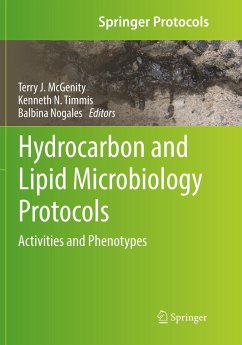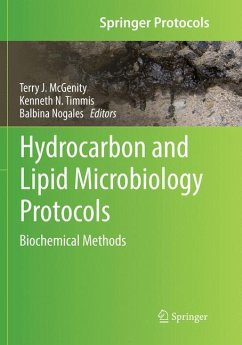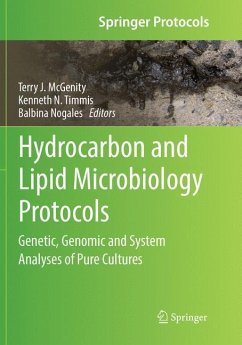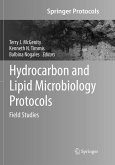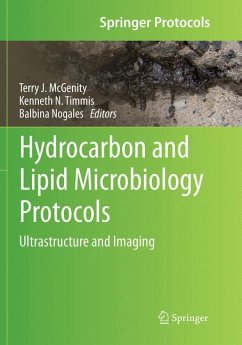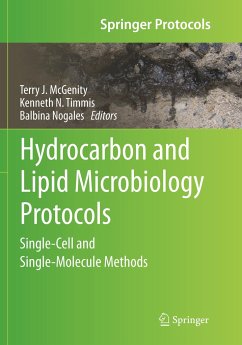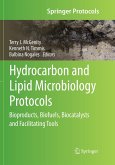This Volume presents protocols for investigating the genetic, metabolic and ecological potential and functional analysis of microbial communities. Methods are described for the creation and bioinformatic assessment of metagenomic and metatranscriptomic libraries, and for metaproteomic analyses, which provide important insights into the metabolic potential and interactions of community members. These in turn lead to specific hypotheses concerning the functional contributions of individual populations in the community, which may be investigated by the stable isotope probing approaches described in this Volume, making it possible to identify those community members primarily responsible for particular functions. Methods for the direct extraction of proteins from environmental samples for sequencing and activity tests are presented, providing a broad overview of prevailing metabolic activities and of the types of microbe involved in them. Protocols for the analysis of nutrient flow through microbial communities and for the modelling of dynamic physiological interactions in communities are also provided. Lastly, the book presents a protocol for the quantitative assessment of permissiveness for the transfer of conjugative plasmids, important agents of physiological change and evolution in microbial communities.
Hydrocarbon and Lipid Microbiology ProtocolsThere are tens of thousands of structurally different hydrocarbons, hydrocarbon derivatives and lipids, and a wide array of these molecules are required for cells to function. The global hydrocarbon cycle, which is largely driven by microorganisms, has a major impact on our environment and climate. Microbes are responsible for cleaning up the environmental pollution caused by the exploitation of hydrocarbon reservoirs and will also be pivotal in reducing our reliance on fossil fuels by providing biofuels, plastics and industrial chemicals. Gaining an understanding of the relevant functions of the wide range of microbes that produce, consume and modify hydrocarbons and related compounds will be key to responding to these challenges. This comprehensive collection of current and emerging protocols will facilitate acquisition of this understanding and exploitation of useful activities of such microbes.
Hydrocarbon and Lipid Microbiology ProtocolsThere are tens of thousands of structurally different hydrocarbons, hydrocarbon derivatives and lipids, and a wide array of these molecules are required for cells to function. The global hydrocarbon cycle, which is largely driven by microorganisms, has a major impact on our environment and climate. Microbes are responsible for cleaning up the environmental pollution caused by the exploitation of hydrocarbon reservoirs and will also be pivotal in reducing our reliance on fossil fuels by providing biofuels, plastics and industrial chemicals. Gaining an understanding of the relevant functions of the wide range of microbes that produce, consume and modify hydrocarbons and related compounds will be key to responding to these challenges. This comprehensive collection of current and emerging protocols will facilitate acquisition of this understanding and exploitation of useful activities of such microbes.

